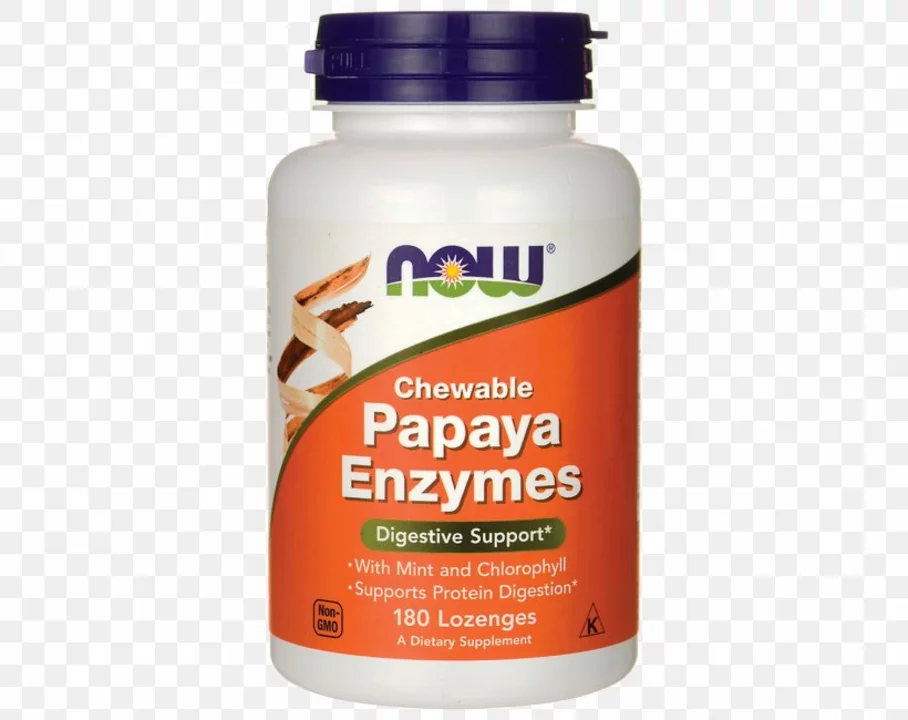Papain — what it is and why people use it
Papain is an enzyme from papaya that breaks down proteins. You’ve likely seen it as a meat tenderizer or in digestive pills. It’s also used in some skin and wound-care products because it helps remove dead tissue. That mix of household and medical uses makes papain a handy tool — but it’s not magic. Knowing when and how to use it keeps you safe and gets better results.
Uses and real benefits
Oral supplements: people take papain to help digest protein-heavy meals or ease mild indigestion. If you feel heavy after meat or have slow digestion, a papain supplement with a meal can reduce bloating for some users. Look for products that list enzyme activity (units) rather than just milligrams — that tells you how strong the enzyme is.
Cooking: sprinkling commercial papain powder on tough cuts of meat shortens cooking time and makes meat more tender. Use sparingly; too much makes the texture mushy. Rinse meat if you leave papain on before cooking to avoid over-tenderizing.
Topical and wound care: papain appears in ointments designed to clean away dead tissue (debridement). In controlled products it can speed removal of sloughy tissue, but that should be under a clinician’s direction. Don’t use raw papaya or home mixtures on deep wounds without medical advice.
Safety, dosing and who should be careful
Side effects are usually mild: stomach upset, nausea, or mouth irritation when taken by mouth. Some people get skin reactions if they touch papain. If you’re allergic to papaya, latex, or kiwifruit, avoid papain — there’s a known cross-reaction (latex-fruit syndrome).
Bleeding risk: papain can affect blood clotting in some cases. If you take blood thinners (warfarin, aspirin, clopidogrel), check with your clinician before using papain. Also avoid papain during pregnancy and breastfeeding unless a provider says it’s okay.
Dosing tips: follow the product label. If you’re new to papain, start low (one standard tablet or 250–300 mg supplement) with a meal and watch how you feel. For topical products, use only as instructed and stop if the area becomes more irritated. For cooking, a light dusting is usually enough — don’t soak meat for hours unless the recipe calls for it.
How to choose a product: prefer trusted brands that list enzyme activity and ingredient purity. Avoid blends that hide papain under vague “enzyme complex” labels. If you’re buying for wound care, buy medical-grade formulations and consult a healthcare pro.
Quick checklist: use papain for tougher meats and occasional digestive help, avoid if you have latex or papaya allergies, consult your doctor if you’re on blood thinners or pregnant, and always follow product instructions. That keeps papain useful and low-risk.





